This Japanese photographer is on a mission to remove leprosy taboo in India
The 49-year-old’s exhibition, which features photos from 40 other countries, shows viewers how people affected by leprosy are individuals no different from themselves.
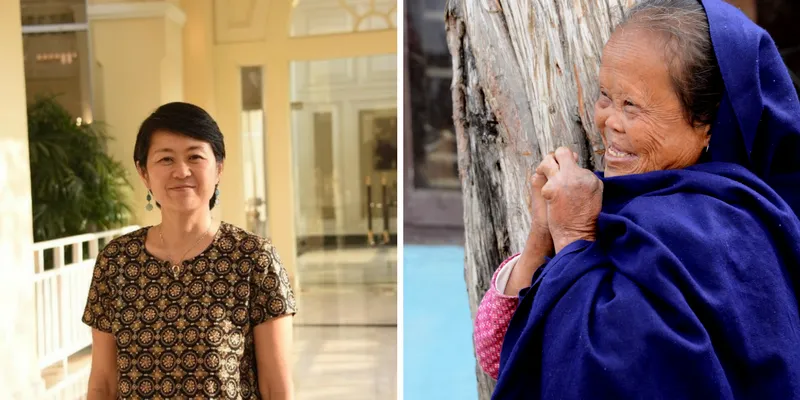
“There are no leprosy affected people, there are just human beings,” shares 28-year-old Anita Bhavre who contracted leprosy at the tender age of six. Anita faced discrimination that left her “emotionally scarred”, but it could not deter her hope for a future without stigma.
“Leprosy is just a disease. I want to be accepted as a normal person by the society,” she adds.
The life of Anita and many more like her leprosy-cured individuals have been captured and chronicled by 49-year-old Japanese photographer Natsuko Tominaga, associated with The Nippon Foundation, who has exhibited their stories through photographs. Through ‘Our Lives’ photo exhibition in Delhi, she aims to remove the stigma and taboo associated with the disease.
“Even if only one member in the family was affected by leprosy, all the other family members suffer from discrimination. I hope people who come here share their impression with them and share why leprosy is a disease that results in discrimination. If an idea is passed from person to person, it leads to a movement that can bring social change,” Natsuko says.
Accompanied by Yohei Sasakawa, World Health Organisation Goodwill Ambassador for Leprosy Elimination, Natsuko has visited individuals and communities of people affected by leprosy in over 50 countries.
People with leprosy, one of the world’s oldest diseases, although completely curable today, continue to be stigmatised. India witnesses over 60 percent of new cases annually and is home to around 800 self-settled leprosy colonies.
The exhibition, in collaboration with the India International Centre, Embassy of Japan and Sasakawa-India Leprosy Foundation, introduced residents of four such colonies, and looks at how the experience of leprosy has affected them and their families. For some, leprosy is just a disease, for others it has had life-changing consequences that have left them bemoaning their fate.
“The reason why I chose leprosy is because The Nippon Foundation has been working on elimination of leprosy for 40 years. Since I am a staff photographer there, I have been engaged in the subject from 16 years ago,” she adds.
Below, we feature some of the narratives, a glimpse of their life, their experiences, and their stories:
Ganesh Prasad
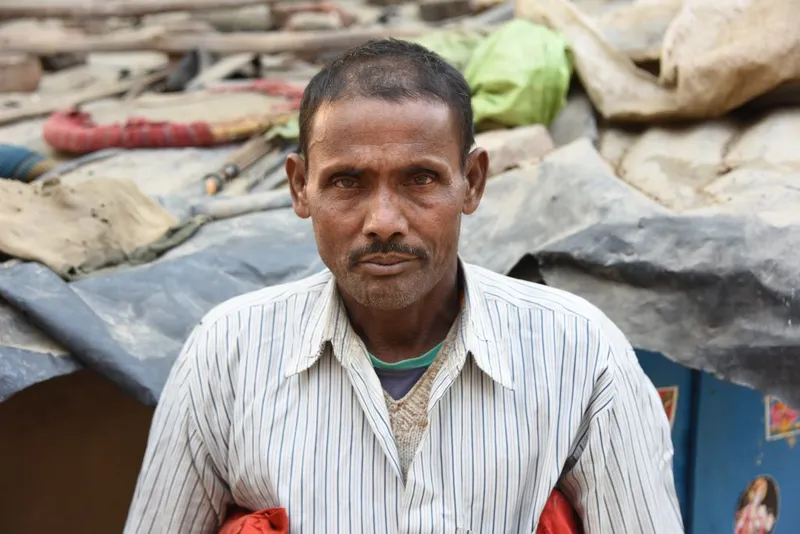
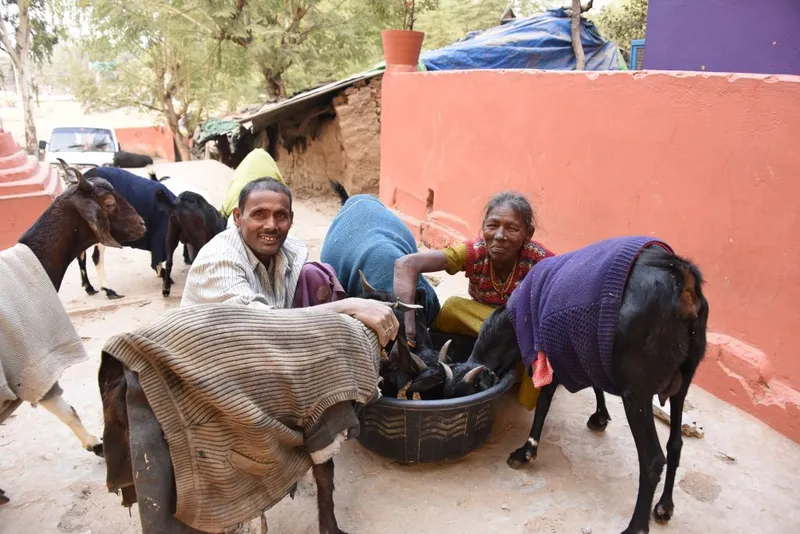
Ganesh Prasad, 45, worked as a daily labourer. He eventually got a job at a government warehouse but had to leave because he couldn't hold the sacks. When asked to describe what leprosy means to him, he replied, "helplessness”.
Lala Soni
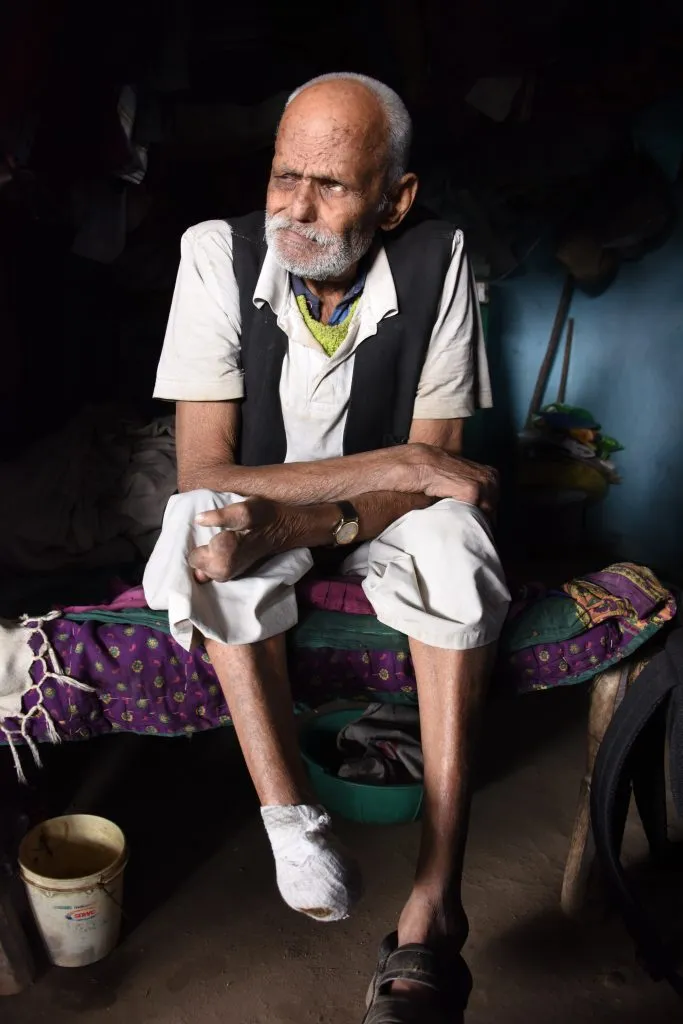
"If it wasn't for leprosy, I'd be living a normal life, like you."
Lala Soni, 80, worked as an ornamentalist. He contracted leprosy at the age of 35. Now he can't stand, and he can't work.
Anita Bhavre
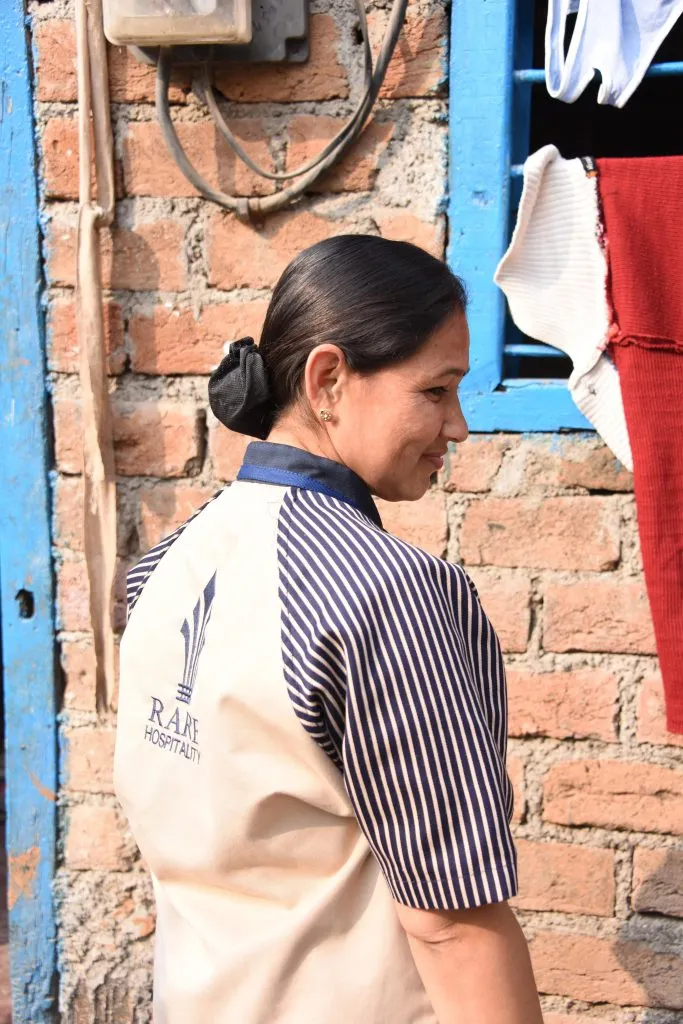
"There are no leprosy-affected persons, just normal human beings.”
Anita Bhavre, 35, works as a housekeeper at a hospital and is raising two sons. She contracted leprosy as a child but was treated promptly and didn't develop any disability. “Otherwise, my life would have been more difficult.”
Prakash Kulkarni
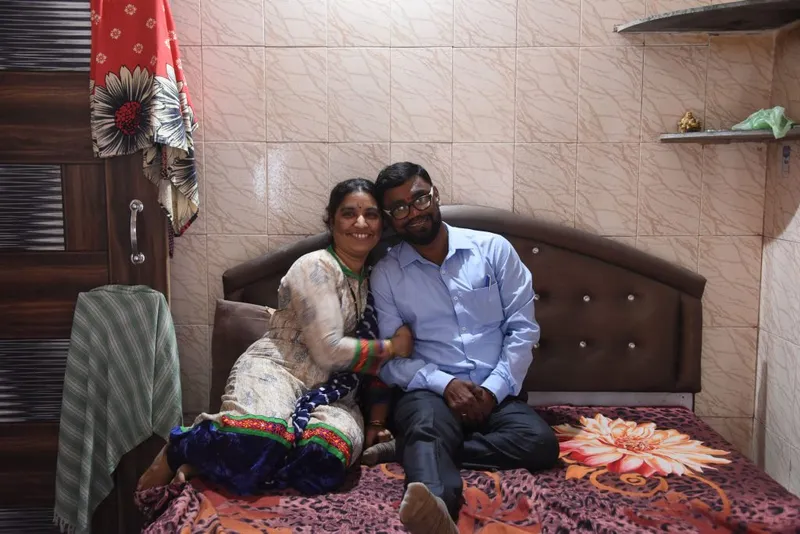
Prakash Kulkarni, 45, lives with his wife, three children and his mother. "When I asked Rupali to marry me, even though I once had leprosy, she said, 'You had leprosy. Our marriage will send a strong message to society’.”
Dharam Nath Tiwari
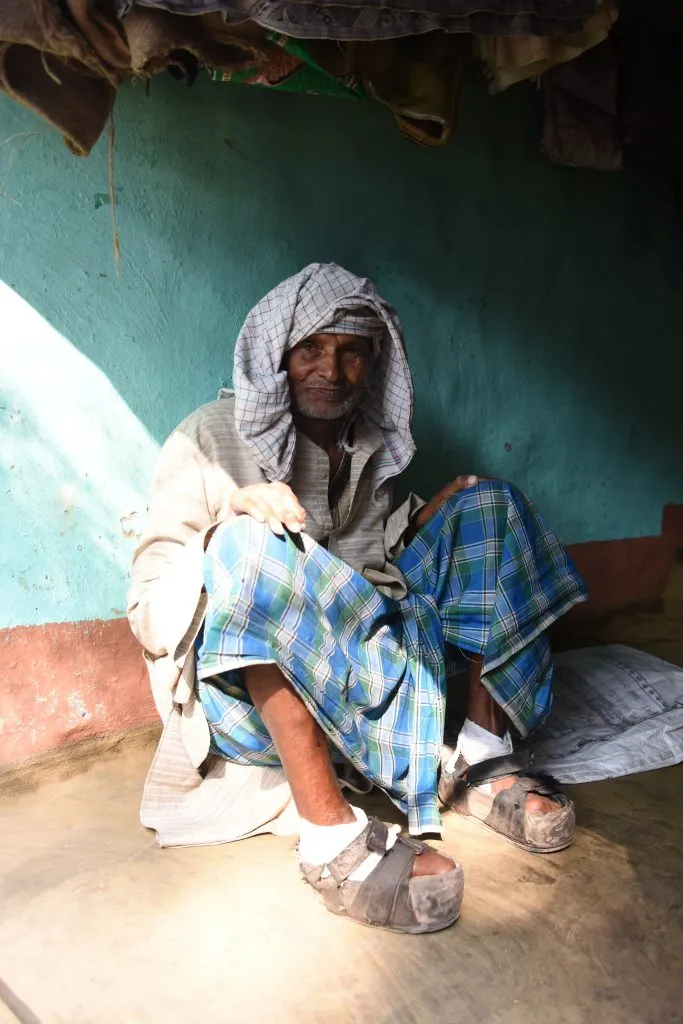
"I have to play dead so my family can live in their village without stigma.”
Nobody in Dharam Nath Tiwari’s home village in Bihar knows he is still alive, other than his family. After being diagnosed with leprosy in 1987, he was treated at various locations before ending up in Allahabad because nobody wanted him back. Now 80, it is many years since he last attended a function in his village.







